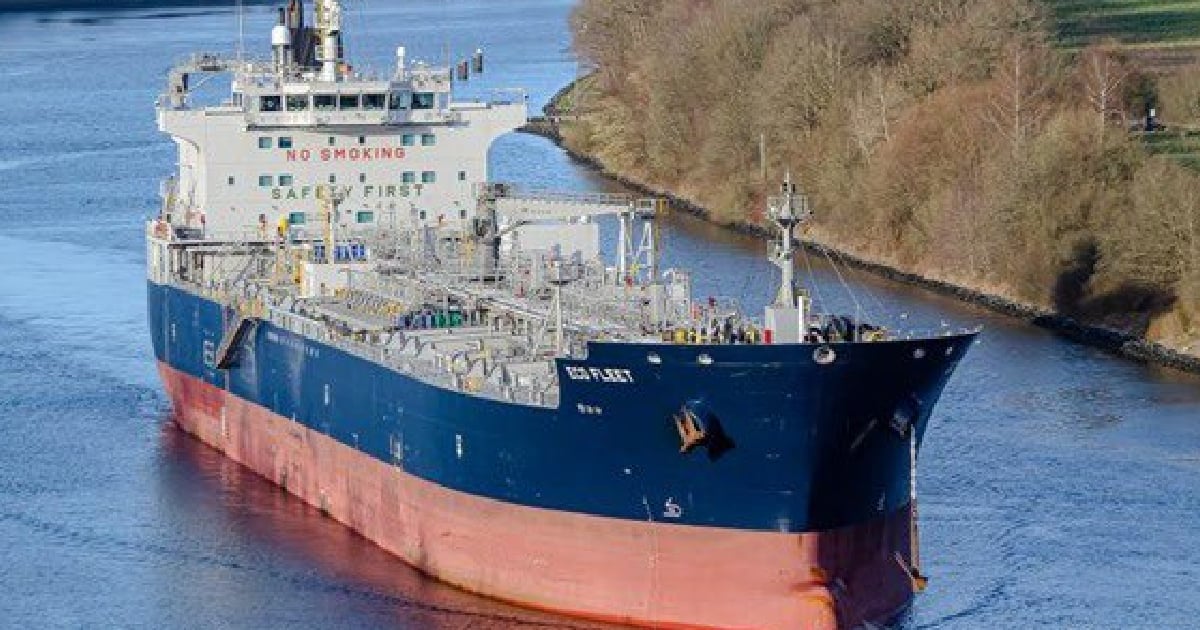
The shipEco Fleet, registered under IMO number 9717503, MMSI 538005893, recently gained attention afterdo not discharge fuel in Cuba after spending 50 days in the territorial waters of the Caribbean country.
The Cuban government had announced that it was expecting this shipment, which was important to overcome blackouts and transportation problems. The diesel was not unloaded, but authorities have not revealed the reasons why the ship left the country's coasts.
Here we present five curiosities about this Chemical/Oil Products Tanker:
1. Design and Specific Purpose: The Eco Fleet is primarily designed to transport chemicals and oil. This specialization makes it indispensable for international trade, especially in regions where fuel imports are crucial to the local economy.
2. Flag of the Marshall Islands: Although operating globally, the Eco Fleet is registered under the flag of the Marshall Islands, a popular choice among shipowners due to the tax advantages and regulatory flexibility offered by registration of this flag.
3. Advanced Technical Capabilities: Built in 2015, the vessel incorporates advanced navigation and safety technologies, allowing it to operate efficiently in international waters and comply with strict environmental and maritime regulations.
4. Impact on Fuel Logistics: The inability to unload diesel in Cuba raises questions about port infrastructure, the economic situation and regulations in the country. This incident highlights the dependence on fuel imports and the consequences of logistical limitations on the island.
5. Influence on International Relations: Shipping incidents like this can influence trade relations between countries. The case of the Eco Fleet shows how logistical challenges can affect international economic relations and leave a palpable effect on energy stability in Cuba.
HeEco Fleet It is a key piece in the board of international fuel logistics. Its recent history highlights, for Cubans, the complex interaction between global trade, regulations and maritime infrastructure.
What do you think?
COMMENTFiled in: